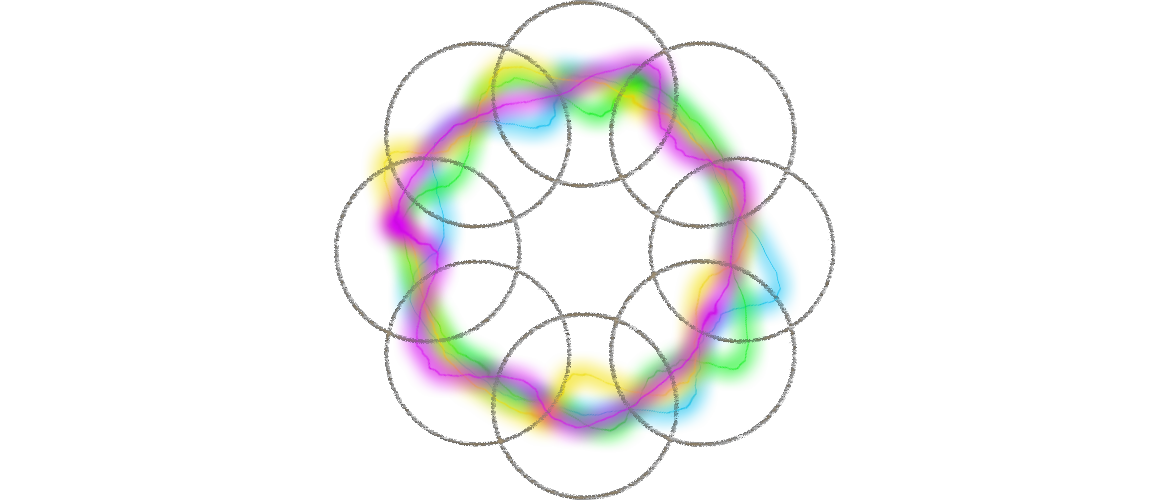Firdge
Is that a bird? Yes it is.
"As you see the firdge flying and nesting with its fellow firdges, remember that they mate for life and have no problem pooping on you."
Life of an Extinct Bird
While firdges are now extinct, they have been very well documented throughout their lifespan. Firdges are medium-sized aquatic birds, larger than a duck but smaller than a pelican. They have webbed feet to better aid them when they are paddling through waters. Their main diet is fish, but they can supplement with small lizards and plant life if necessary. Their colourations vary from male to female, but each are primarily grey tinged with pink, along with white tipped wings. Their secondary colourations vary across the spectrum from green to burnt orange, with orange being more common for the males and green for the females. The green colouration better allows females to hide from predators while nesting, pairing neatly with the brighter orange colour that the males exhibit, allowing them to draw the attention of predators away from their mates.Flock Together
Firdges nest within mangrove trees along rivers and lakes, giving them a safe place from predators and a sense of community as they flock together. While firdges are capable of migrating, unless their home lake is not hospitable anymore, they will not do so, regardless of climate. Their mating ritual is simple, with the males offering fish to their prospective mate. If the female accepts, the male will attempt to find an appropriate tree for them to nest in, and if the female deems it acceptable, they will then build their nest together.
EXTINCT
Lifespan
10 years


It looks very good. I think the quote should be from some academic eccentric type who studies wild birds, to round out the character that already exists within the quote. Also I am curious if you'll be putting down why they are extinct. That would be a neat bit of information.